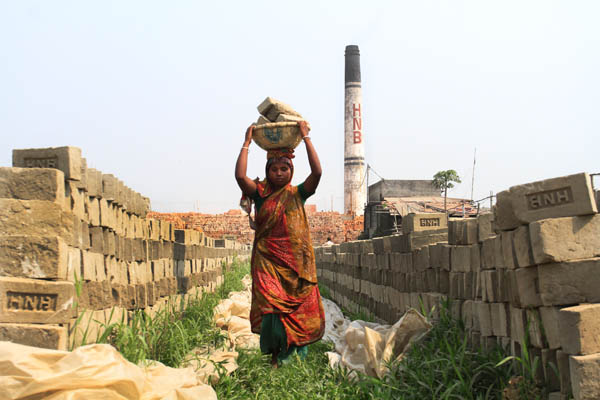Differences of opinion between buyers of the United States and the European Union (EU) over signing of a fire and building safety accord would only delay removal of risks Bangladesh’s readymade garments (RMG) sector is facing today, local trade experts and union leaders said.
Some 30 European retailers, led by Hennes & Mauritz, Inditex and Primark, have agreed to sign a legally-binding accord on fire and building safety for readymade garments in Bangladesh.
But the American retailers have disagreed with the plan, which was initiated by two labour groups and includes independent safety inspections and a requirement for retailers to pay for factory repairs.
The accord “veers away from common sense solutions and seeks to advance a narrow agenda driven by special interests,” according to the National Retail Federation, which represents many US stores.
Mustafizur Rahman, Executive Director, Centre for Policy Dialogue said buyers are the major stakeholders of the sector who should compensate first for the errors.
“We had welcomed the steps taken by some European buyers. But disputes among them would only delay removing the risks from the sector,” Rahman added.
Ahsan H Mansur, Executive Director of Policy Research Institute said the buyers should overcome their differences of opinion in the greater interest of saving workers’ lives.
“I personally call upon the international buyers to put an end to such a division and start doing work for welfare of the poor garment workers in Bangladesh,” Mansur added.
Walmart, the world’s biggest retailer by sales, objects to the dispute-resolution mechanisms the agreement contains, but said it would reconsider if its concerns are addressed. Gap, the US retailer, agrees with the same.
In the UK, Arcadia, which owns the Topshop chain, said it would sign “on the condition that we understand the final costs to us, which to date have not been made clear. As with any other commercial contracts we sign, we reserve the right to review our participation if the accord does not achieve its stated aims within an agreed timescale.”
The National Retail Federation added that the plan – put together by labour groups Industriall and the UNI Global Union, which are the counter-signatories to industry – ‘was not a plan at all and gives no clear path to practical and immediate solutions to the challenges facing the Bangladeshi garment industry.”
Some US companies have expressed their fears about operating in Bangladesh. Walt Disney announced it was pulling out after more than a hundred workers were killed in a fire in November at a factory near Dhaka.
Bangladesh has cashed in on rapid wage inflation of China, biggest producer of textiles, a labour-intensive industry. Wages make up around one-third of the cost of goods sold, according to Deutsche Bank estimates.
Some retailers use these factors to argue that they cannot shoulder the responsibility alone. For example, they say, ensuring structural integrity of buildings is impossible when planning permits may not even exist, and when all floors may not be accessible in multi-tenanted sites.
Source: Financial Express









